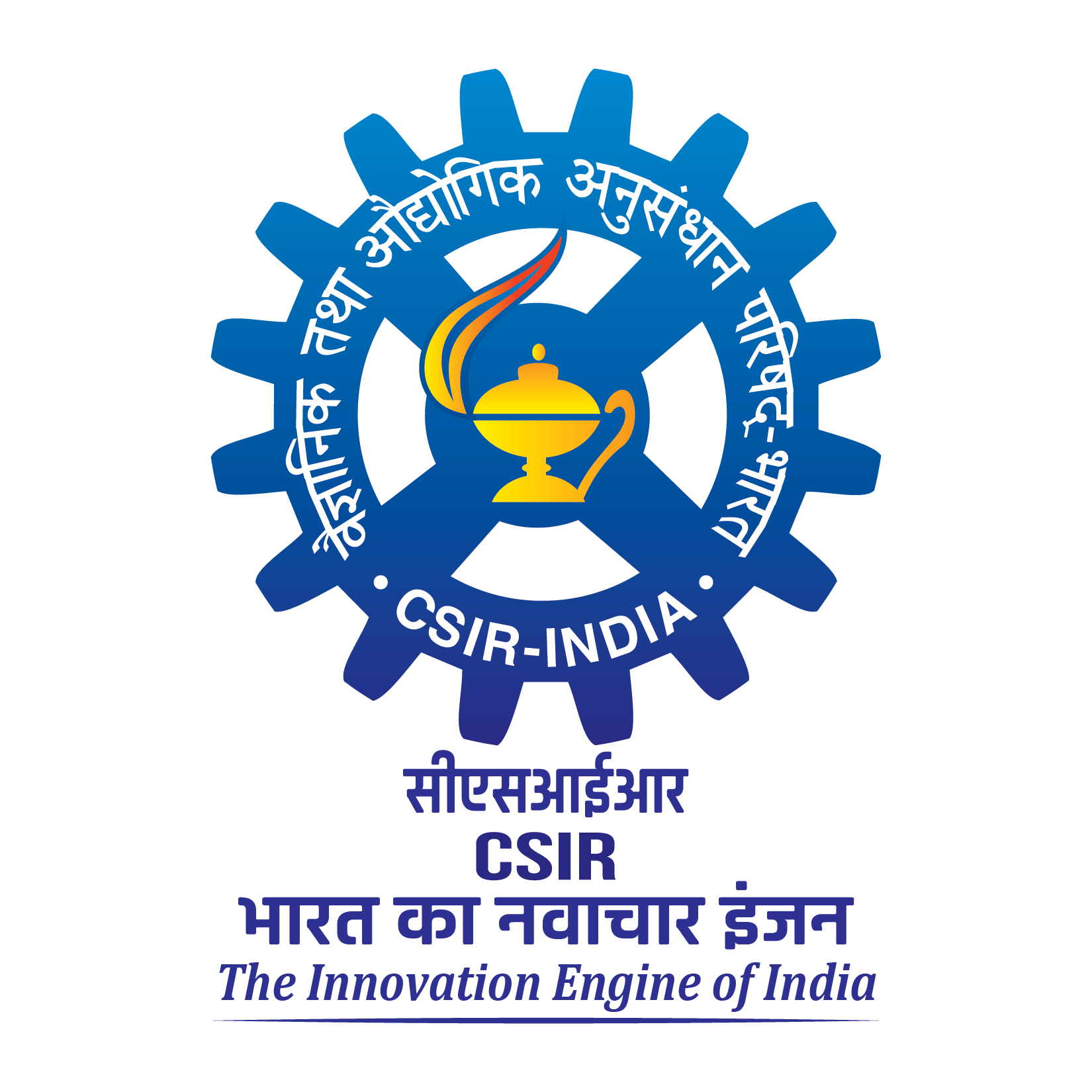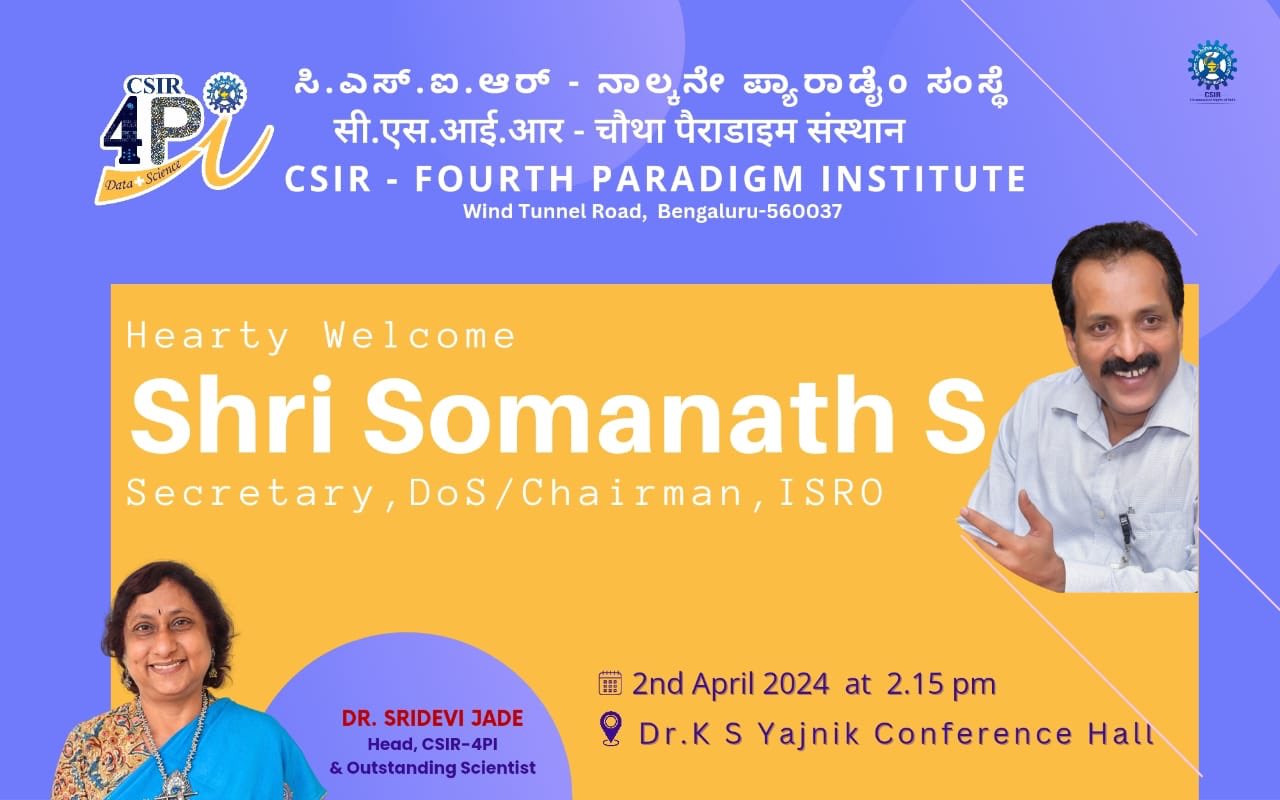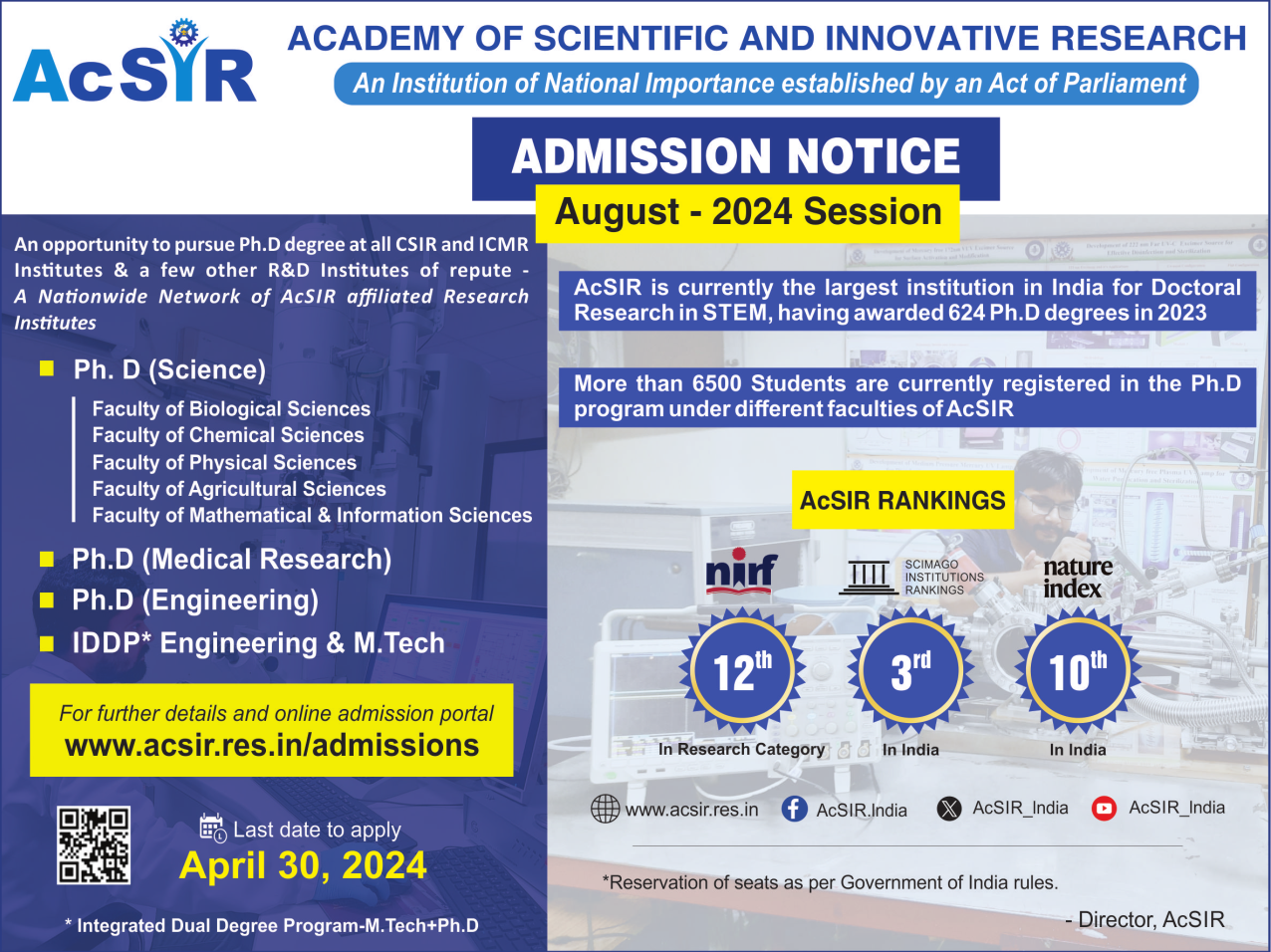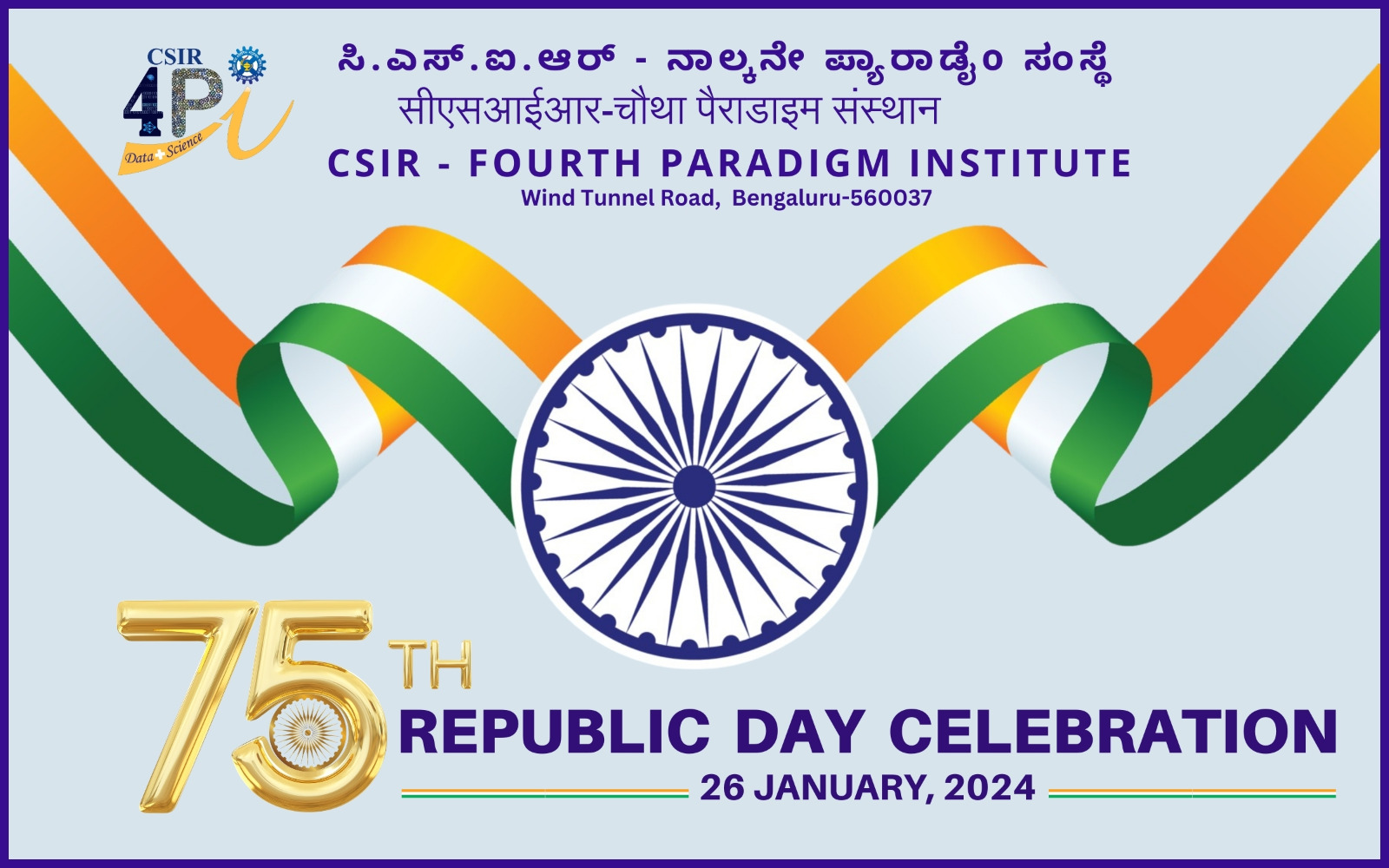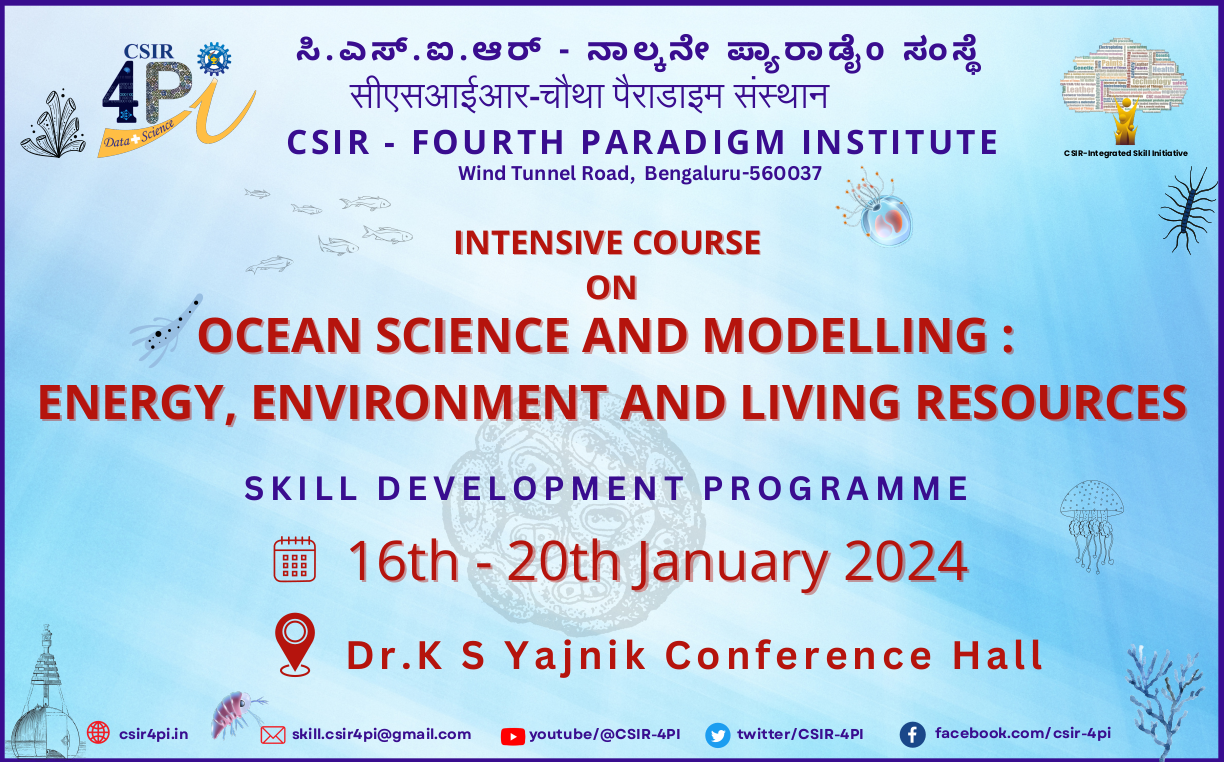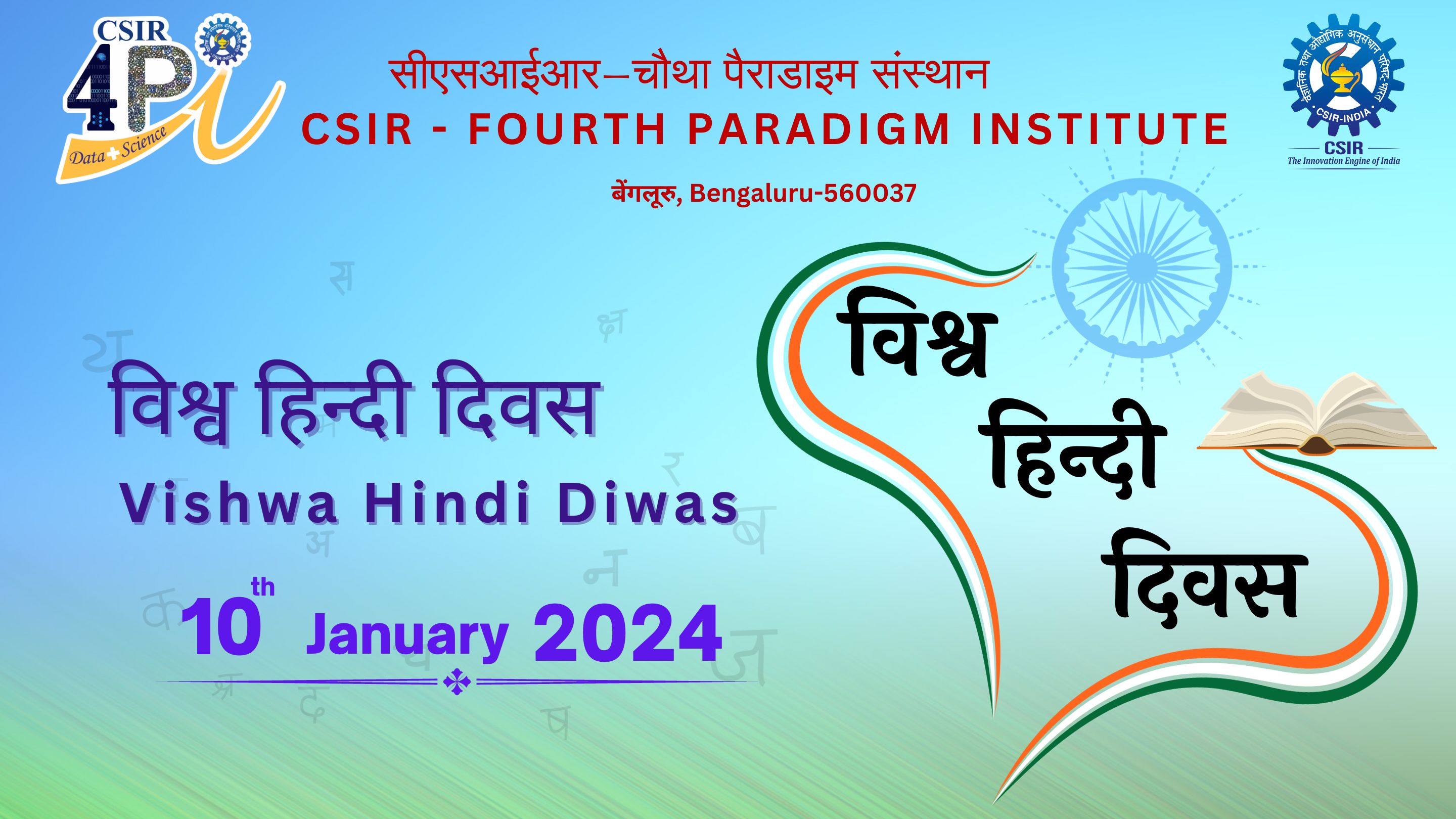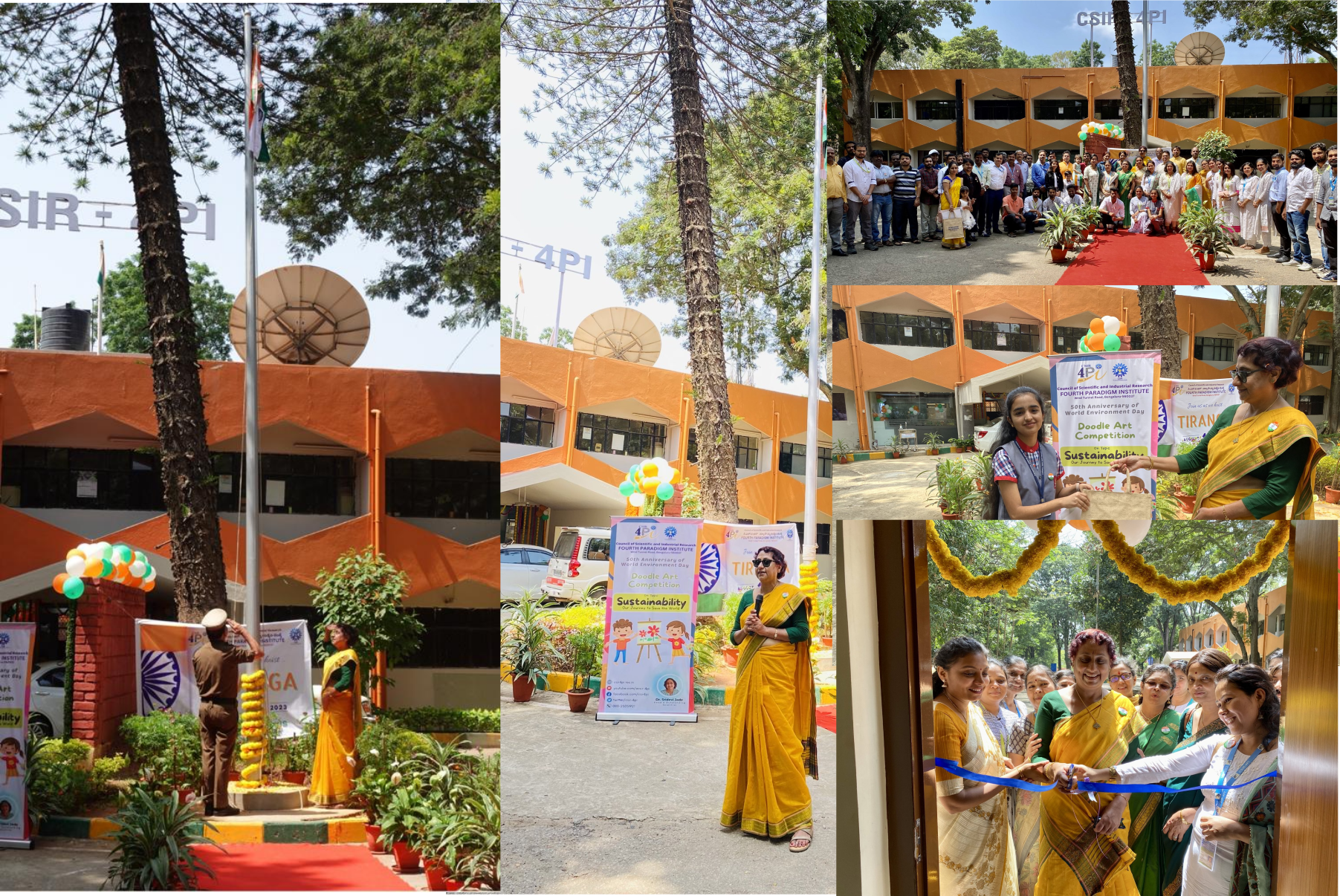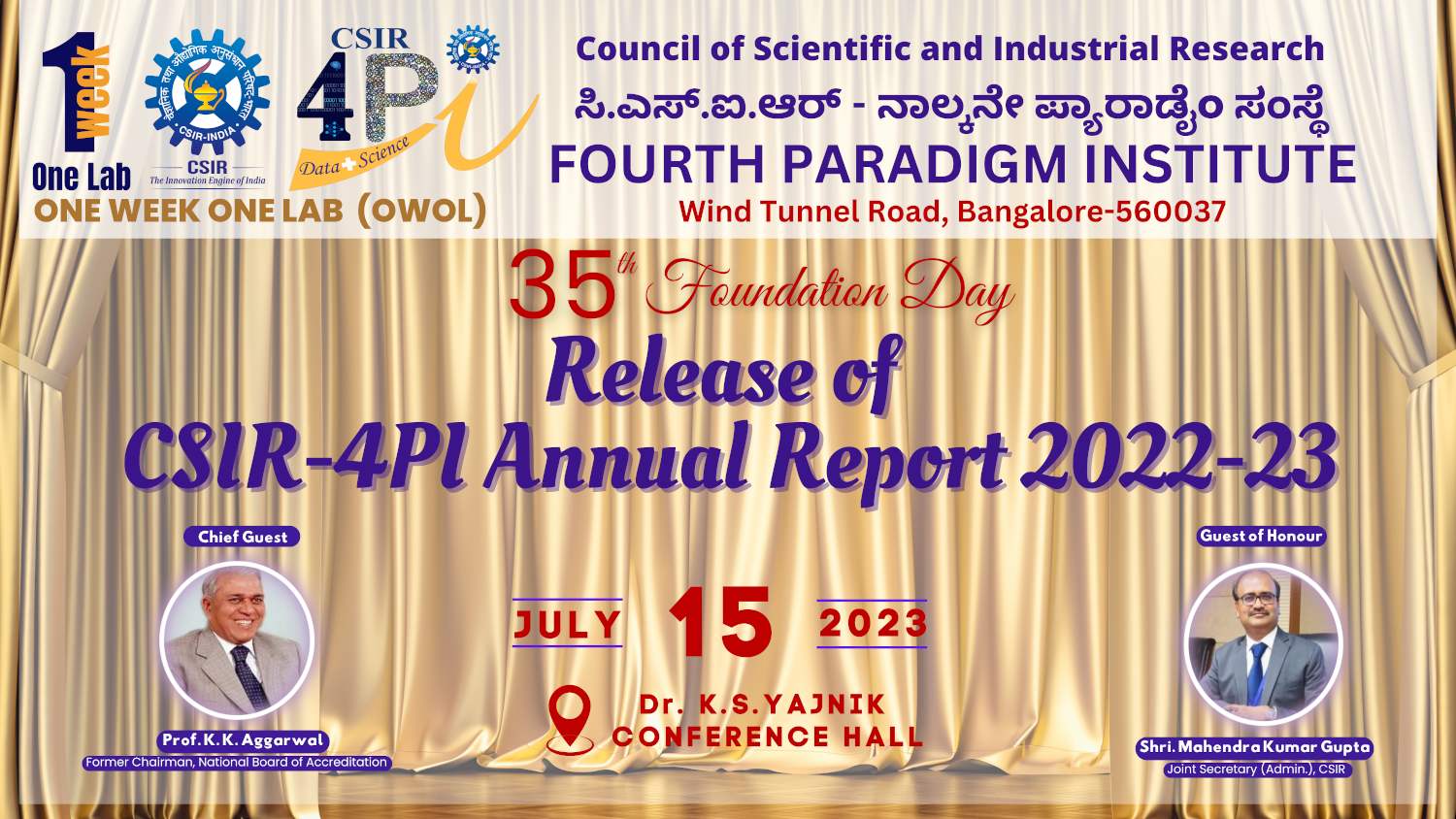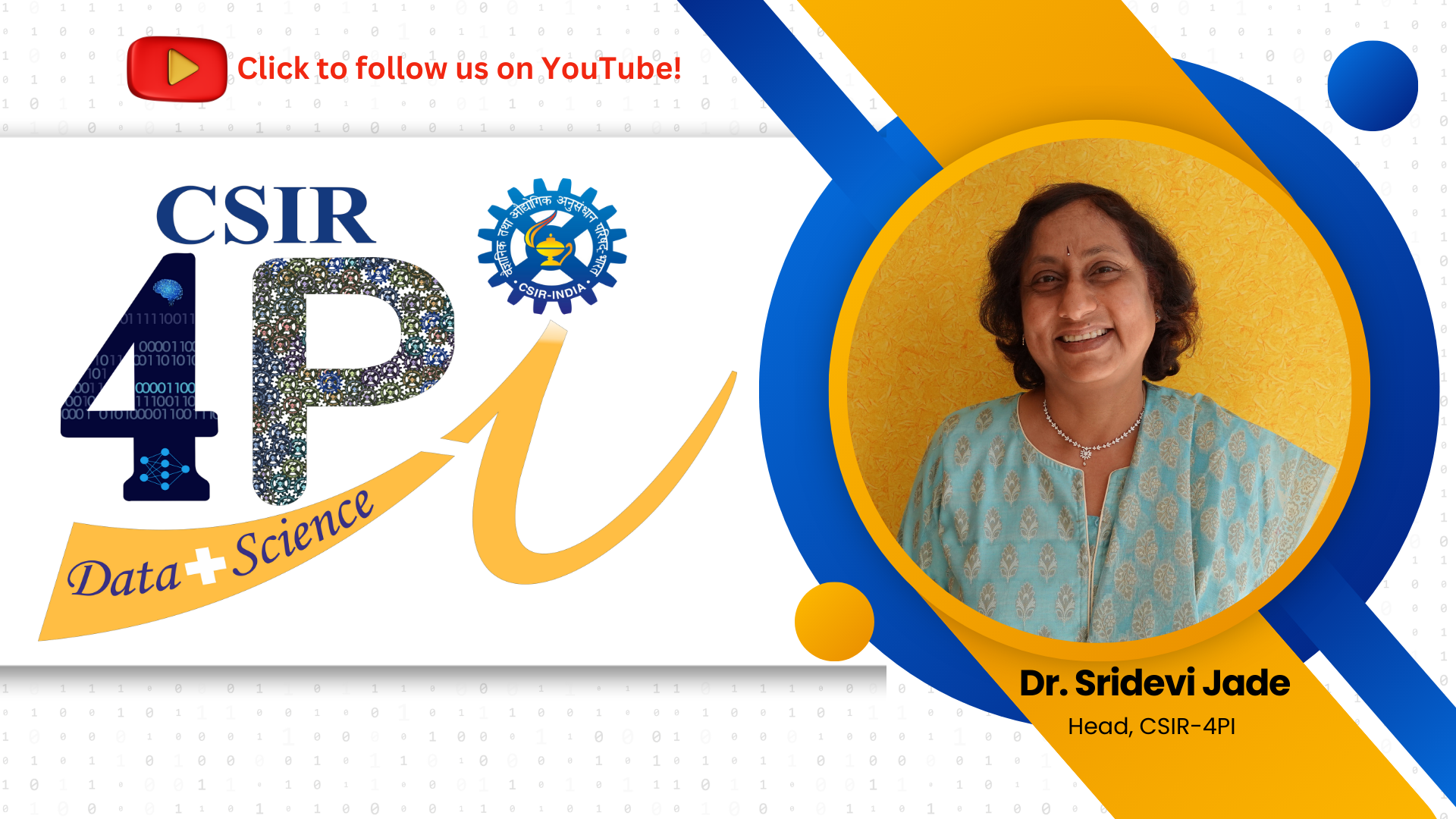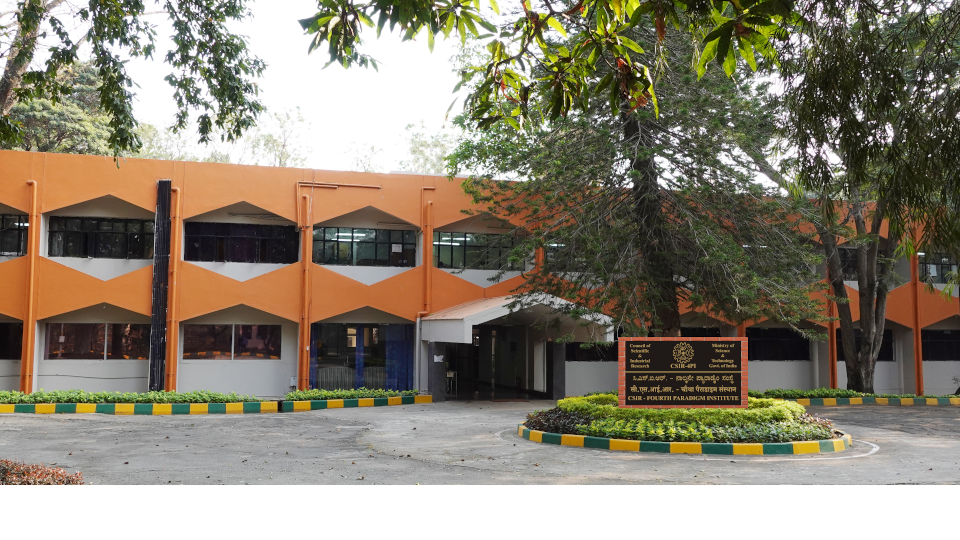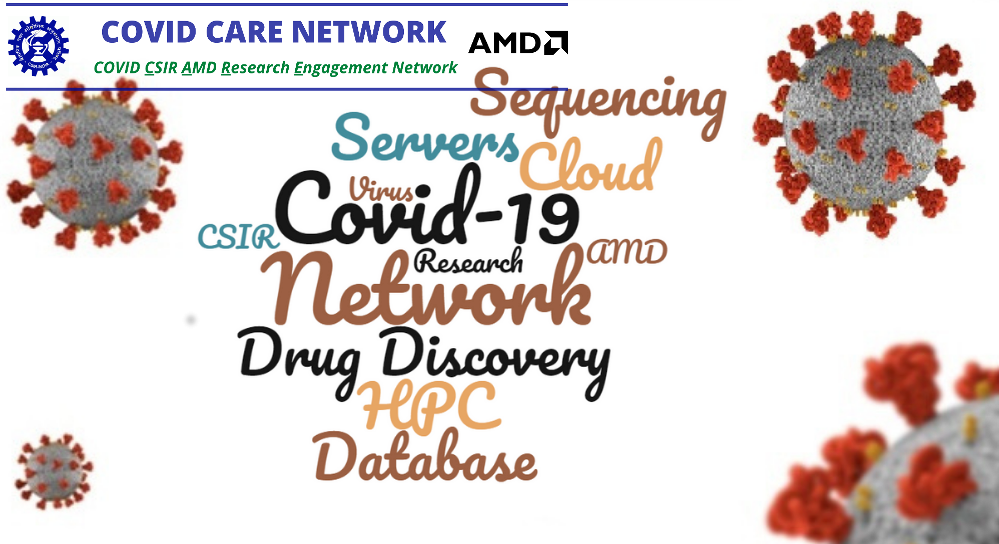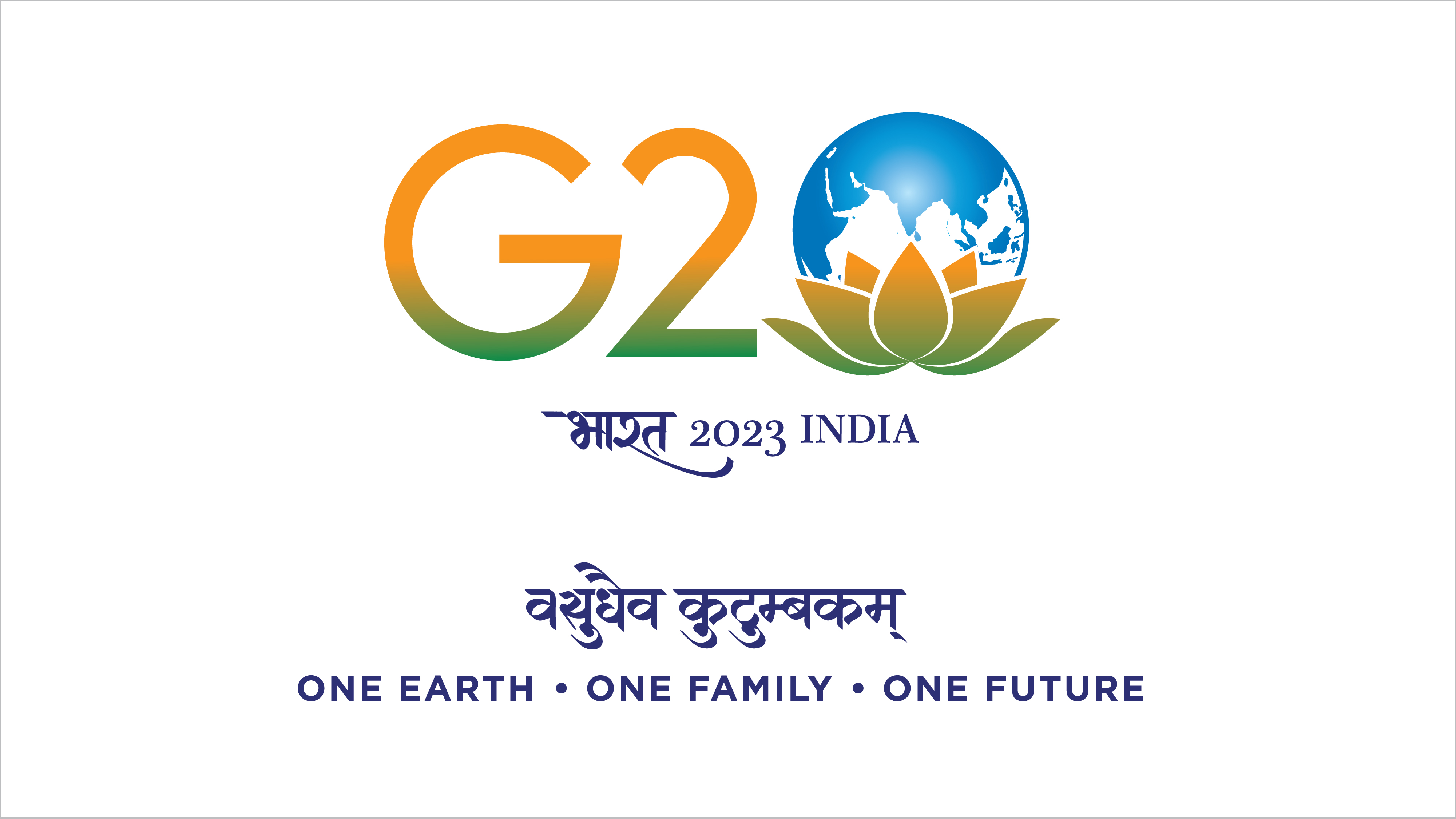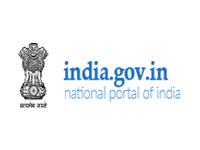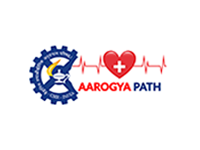by Satya Ganesh Kakarla, Kantha Rao Bhimala, Madhusudhan Rao Kadiri, Sriram Kumaraswamy and Srinivasa Rao Mutheneni
Abstract: Dengue fever is mosquito borne viral disease caused by dengue virus and transmitted by Aedes mosquitoes. In recent years the dengue has spread rapidly to several regions and it becomes a major public health menace globally. Dengue transmission is strongly influenced by environmental factors such as temperature and rainfall. In the present study, a climate driven dengue model was developed and predicted areas vulnerable for dengue transmission under the present and future climate change scenarios in India. The study also projected the dengue distribution risk map using representative concentration pathways (RCP4.5 and RCP8.5) in India in 2018–2030 (forthcoming period), 2031–2050 (intermediate period) and 2051–2080 (long period).
The dengue cases assessed in India from 1998 to 2018 and found that the dengue transmission is gradually increasing year over year. The temperature data from 1980 to 2017 shows that, the mean temperatures are raising in the Southern region of India. During 2000–2017 periods the dengue transmission is steadily increasing across the India in compare with 1980–1999 periods. The dengue distribution risk is predicted and it is revealed that the coastal states have yearlong transmission possibility, but the high transmission potential is observed throughout the monsoon period. Due to the climate change, the expansion two more months of dengue transmission risk occurs in many regions of India. Both RCP4.5 and RCP8.5 scenarios revealed that dengue outbreaks might occur at larger volume in Southern, Eastern, and Central regions of India. Furthermore a sensitivity analysis was performed to explore the impact of climate change on dengue transmission. These results helps to suggest appropriate control measures should be implemented to limit the spread in future warmer climates. Besides these, a proper plan is required to mitigate greenhouse gas emissions to reduce the epidemic potential of dengue in India.
Source: https://www.sciencedirect.com/science/article/pii/S0048969720338584
